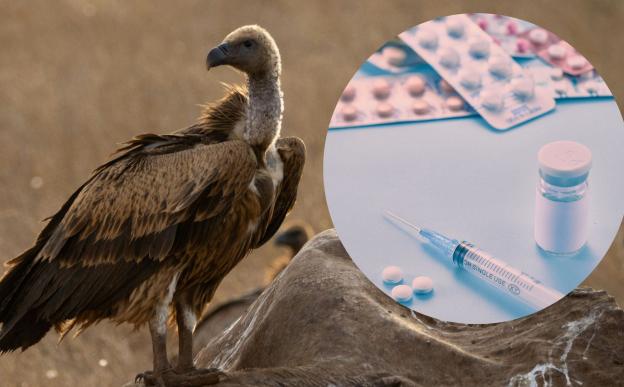What can a large company learn from a marriage? In this new study researchers show that different social systems, be it a marriage between two individuals or a firm with thousands of employees, show similarities in the way they fail. When the reasons for failure are plotted on a graph, the curves obtained for the different social systems turned out to show similar distribution. For example,willingness of the individuals that make a system, to make sacrifices for the greater good of the system was found to be a key factor in keeping social systems alive.
Despite successful bans on the veterinary drug diclofenac in Nepal and parts of India, a decade-long undercover investigation reveals that toxic alternatives like flunixin and nimesulide are rapidly replacing it, posing a renewed existential threat to the region’s critically endangered vulture populations.
Mumbai/




